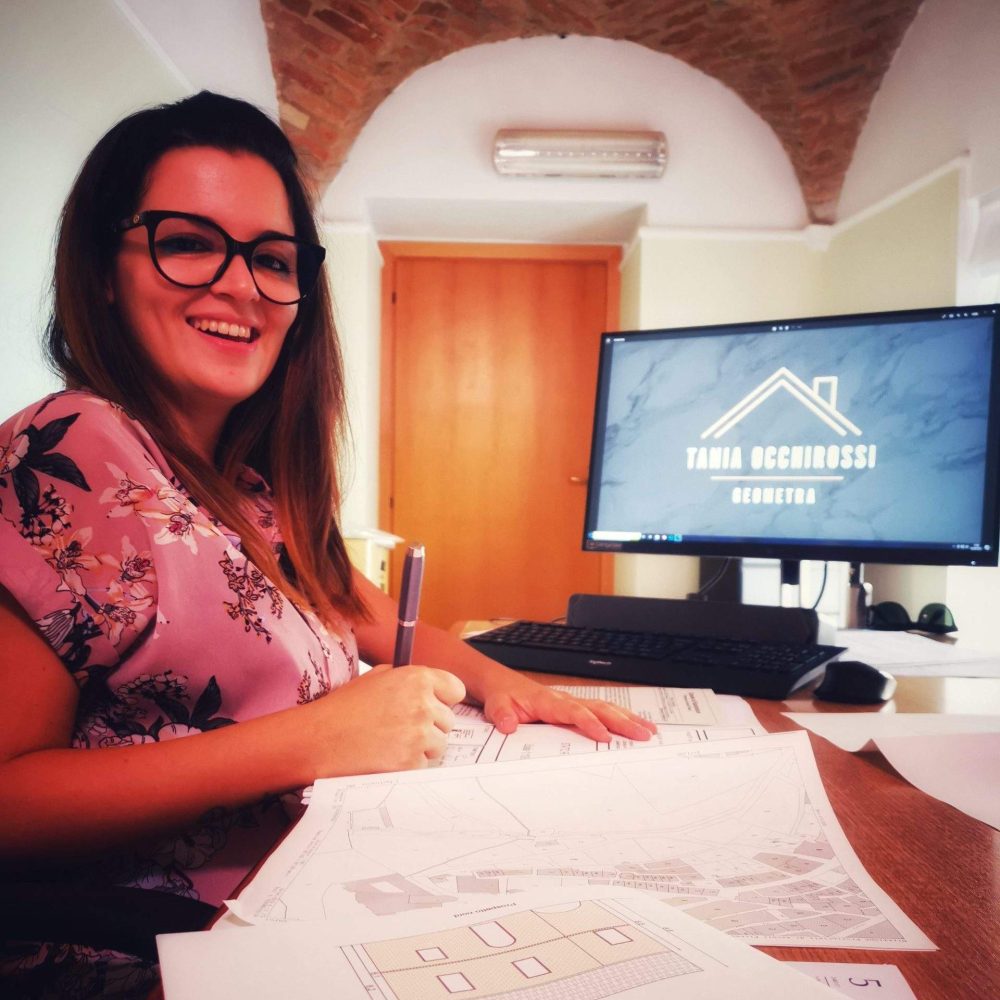
Buying Property in Italy – Do I Really Need a Survey?
A quick online search and in Facebook groups dedicated to Italian house-buying will reveal a mix of opinions about having a property survey carried out.
There are some who will tell you to save your money –
The notary will carry out checks to make sure no elements of the home are illegal, right?
All you need is a good builder to tell you what can or can’t be done, correct?
And who cares about the authorities, other people make modifications to their homes without permission and get away with it, true?
When it comes to budgeting for a house purchase in Italy, as well as further costs for taxes, fees and renovation work, it’s no surprise that many will tell you to cut corners and save money on further expenses.
So what category does a property survey on an Italian home fall into? Essential, maybe, or completely pointless? And what’s the worst thing that can happen if you don’t pay for one and carry out your own renovation work?
We asked our Geometra, Tania, exactly what a property survey includes as well as any pitfalls for those who skip this step.
ABOUT THE PROPERTY SURVEY
What information does a property survey contain?
After inspecting a property, a Geometra’s survey will give a full list of recommendations to bring the home up to date – including electrics and plumbing, as well as structural and internal modifications that the potential buyer wants to carry out. The survey will also include maximum prices an owner should expect to pay for all works.
The Geometra can also obtain different quotes from building companies and contractors for the client to compare.
Importantly, the survey highlights any abusivo (illegal) elements or works that have been previously carried out in the property – both with our without permission.
READ MORE: ITALIAN HOME DESIGN & RENOVATIONS
SIGN UP BELOW TO JOIN THE WAITLIST
‘ABUSIVO’ WORK – DOES IT MATTER?
Many people favour country homes or farmhouses with land, where the ground floor was used to house stables or pig pens. How can the ground floor be converted to usable rooms?
Part of my initial project will be to apply for what’s called a cambiamento d’uso (change of usage) to areas of the home that were once used for farm animals, garages or cantinas.
The comune (local council) will usually approve these easily, for a fee of course! A Geometra will submit a new plan that includes the change of usage request. The Catasto (land registry) fee is currently €500, and my local comune currently charges €1,500. As with all fees, these vary between comunes.
Doing this as part of a project ensures that all changes are legal and floor plans held with the authorities are accurate, negating the risk of potential fines later on.

With regards to abusivo elements, the real estate agent should have picked up on these before they list the property right?
A good agent should carry out their own checks, however this doesn’t always happen.
What are the consequences of carrying out works where permission hasn’t been granted?
The Italian state views any illegal work as an abusivo element, which means the local comune will issue a penalty to the current home-owner, even if the works were carried out by a previous occupier.
The municipality will decide how much the multa (fine) is depending on the basis of the law.
READ MORE: SUPERBONUS ITALY – IS IT WORTH IT?
THE MULTA
What about the notaio (notary)? He or she will spot illegal works before the home is sold, correct?
Legally a notaio should pick up any abusivo elements and make sure they are rectified by the current owner before a purchase. (D&G – we know from our own first-hand experience that this does not always happen!) But this happens at a late stage during the purchase process, and it can be frustrating for a buyer to have the sale delayed right before closing.
In cases where abusivo elements are not discovered, the new owner is home and dry right? They will never be discovered?
Not always. Should the new owner want to carry out works at a later date, abusivo elements will be discovered when a project is submitted, and the authorities will not grant approval for any works to go ahead until all fines have been paid, as well as new floor plans submitted.
But if a home has been renovated or modified illegally by a previous owner, this isn’t the new owner’s problem, correct?
Unfortunately the new owner will inherit the fines owed to the local comune, whether he or she has carried out the abusivo work or not. This is another reason why it’s essential that any illegal works are highlighted well before the purchase process begins. When they are, the seller is obligated to pay for new floor plans and settle any fines before a sale goes through.

LIABILTY FOR FINES
What happens when the comune discovers that your home has been modified illegally?
They will issue you with a multa, and no further works can be carried out before it is paid.
The good news is that the comune will rarely make you knock something down or remove it – a fine is usually enough! But correcting a past mistake can be costly as you will need a Geometra, Ingegnere or Architect to draw new floor plans and submit these to the comune so that they can update their records – all at your own expense.
How much are the fines?
They vary from comune to comune, one of my clients recently paid €2,000 for abusivo works, but it depends on the authorities in each area.
(D&G – we recently paid a multa of €1,000 for an abusivo bathroom, while a neighbour paid €700 because a partition wall was larger than documented on his floor plans).
What does a Geometra do to safeguard an owner against future fines?
When I carry out a property survey I work with the real estate agency to obtain all of the documentation to ensure that all previous works have been carried out legally. I then check these against the records held at the Catasto to make sure everything matches. A good real estate agent should do this automatically, but it’s always a good idea to have a Geometra carry out this work as part of their property survey.
In the case of private sales, it is essential that a Geometra carries out a survey as no checks will have been made against the property.
READ MORE: SUPERBONUS ITALY – ARE THE BONUSES WORTH IT?














